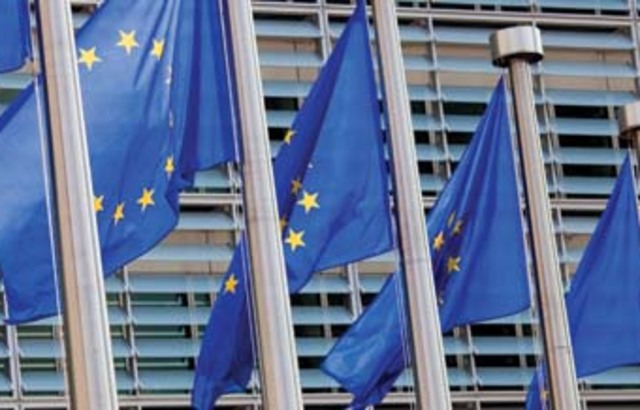The European Commission (EC) has referred Malta to the Court of Justice for the European Union (EUCJ) for its investor citizenship programme, also known as a golden passport scheme.
The move follows a letter of formal notice sent by the Commission in October 2020 to Malta and Cyprus.
Cyprus’ citizenship-by-investment scheme was halted a week before the EU threatened legal action.
In its latest clamp down against golden passports in Malta, the EC claimed that “granting EU citizenship in return of pre-determined payments or investments without any genuine link to the member state concerned is not compatible with the principle of sincere cooperation of the Treaty on European Union, and with the concept of Union citizenship, as provided by the Treaty on the Functioning of the European Union”.
The Commission acknowledged that Malta suspended applications from Russian and Belarusian individuals following the invasion of Ukraine, but the country “continues to operate the scheme for all other nationalities and has not expressed any intention to end it”, it added.
In March 2022, members of the European Parliament overwhelmingly voted in favour of banning golden passports in the bloc – with 595 in favour, 12 against and 74 abstentions.
As a result, the EC wrote to Malta again in April 2022, as it is currently the only member state still operating a citizenship-by investment scheme. Malta’s response was deemed unsatisfactory, which led to the matter being referred to the EUCJ.
Malta hits back
The Maltese government said it has taken note of the EC’s decision but, in a statement translated from Maltese, it claimed that “citizenship is the exclusive competence of the state itself”.
As a result, the government rebuked the Commission’s claims that it is breaching European treaties, and it will “continue to object” to the legal interpretation of the issue at hand.
It continued: “It is crucial to note how the government operates rigorous due diligence processes to prevent abuses, mainly money laundering and terrorist financing, and to ensure that only those worthy individuals are eligible for Maltese and consequently European citizenship.
“The government therefore continues to stress that all this is being done in the exercise of competence relative the Treaty on the Functioning of the European Union and that it always honours the obligations and conditions as stipulated in the treaty.
“This programme was carefully scrutinised in evaluation exercises on the risks of money laundering and the financing of terrorism by several international institutions, the main ones being Moneyval and FATF. The entities and their processes successfully passed the same evaluations and were recognised as a model for other countries in the fight against the activities of the mentioned organised crime.
“These processes also include information sharing and this result means that the programme is sufficiently transparent with third country jurisdictions.
“This whole process will provide the opportunity for the Maltese government to continue to strengthen its arguments, as well as to refute the interpretations that have been raised regarding the treaties, while leaving the matter for the final decision to the EUCJ.”








